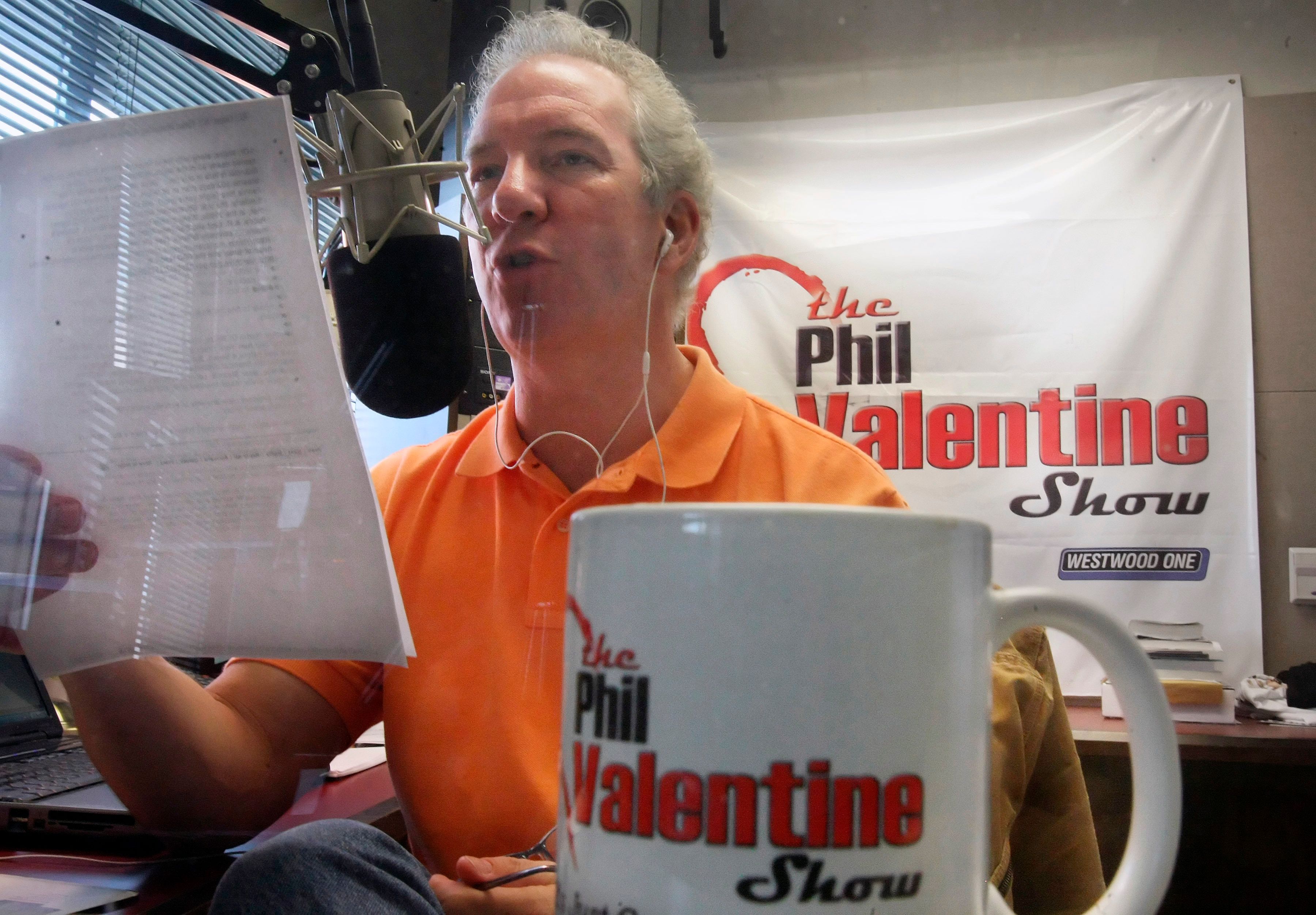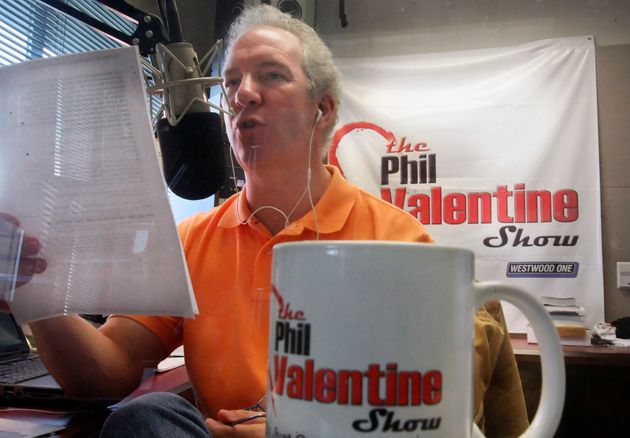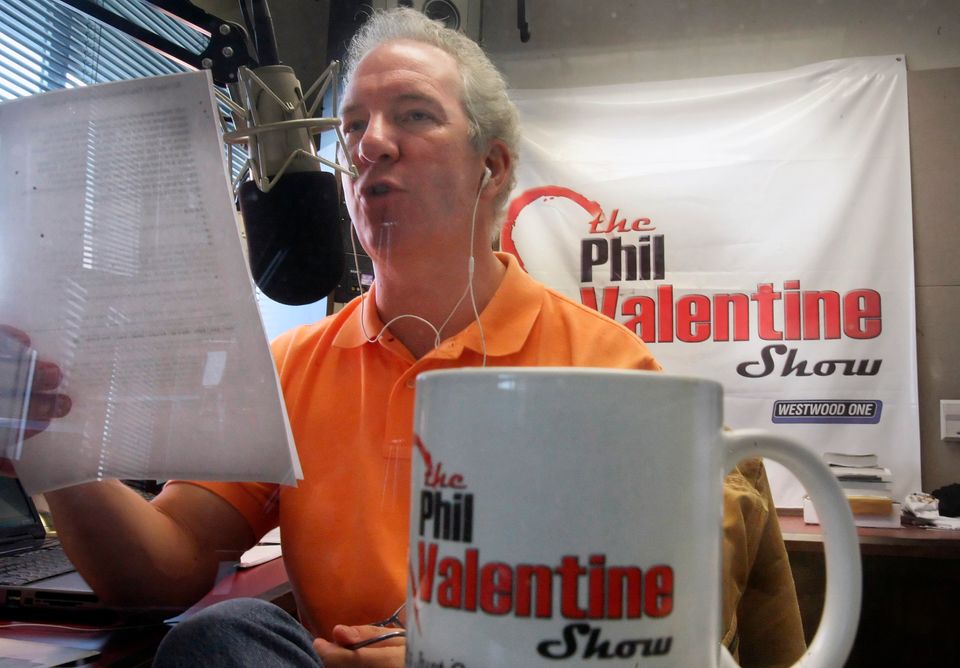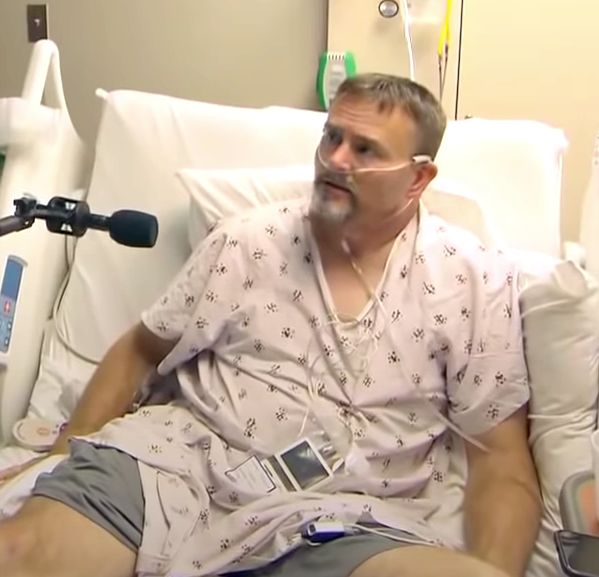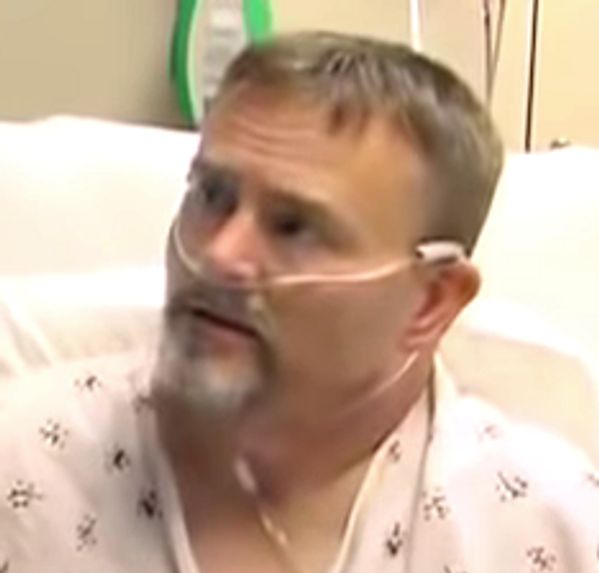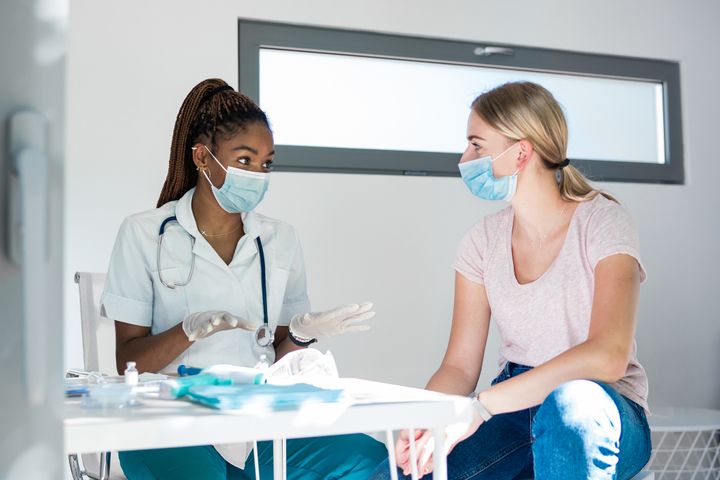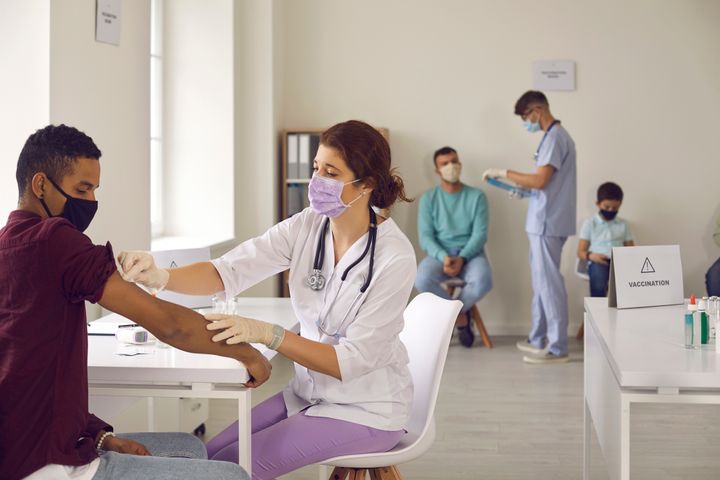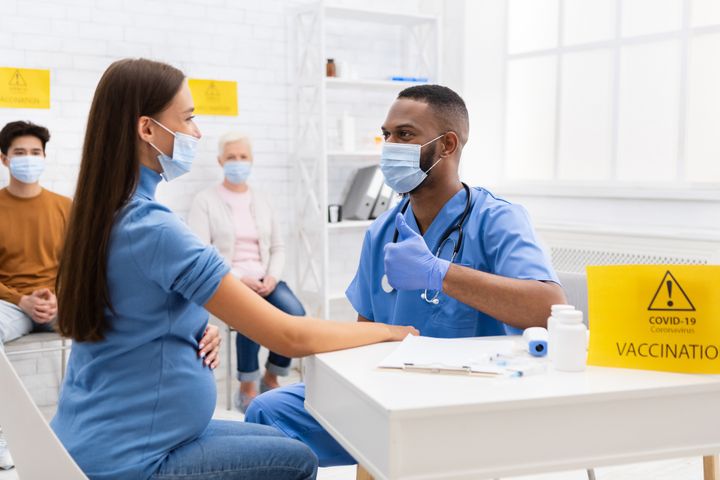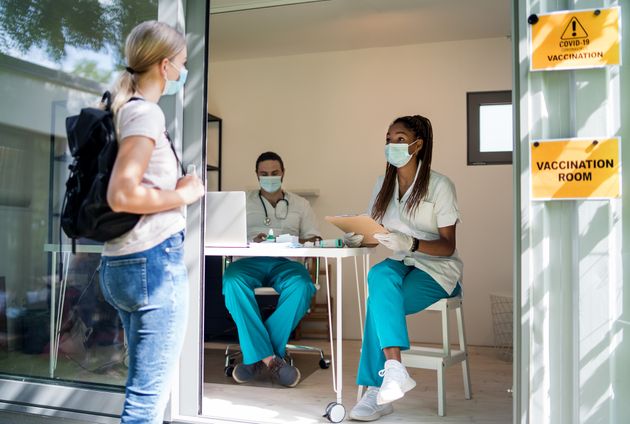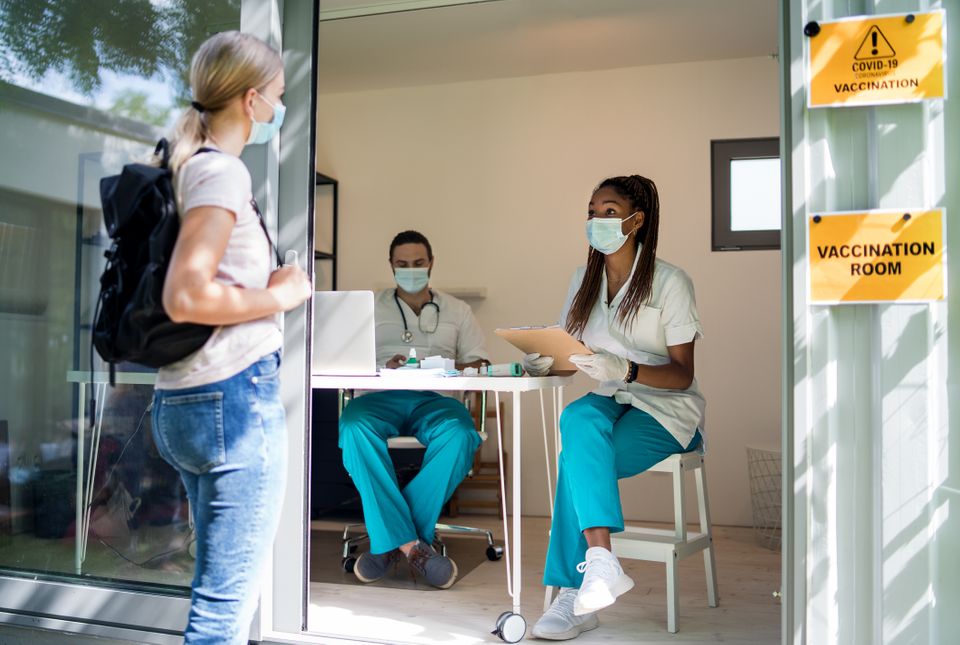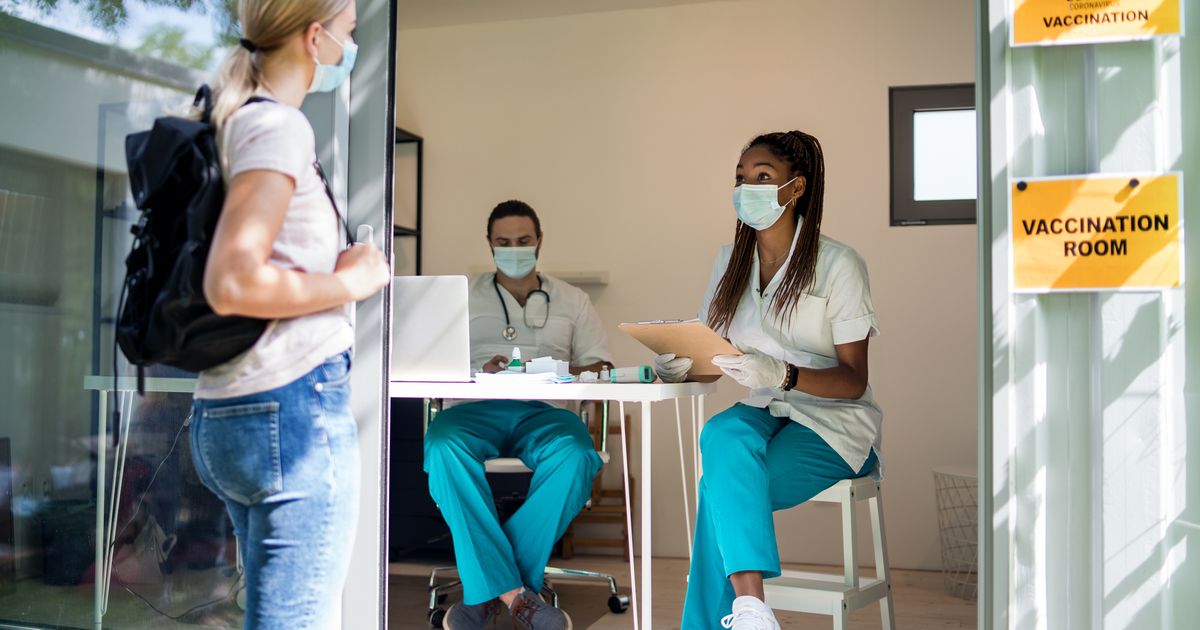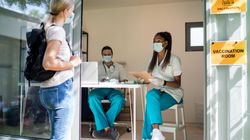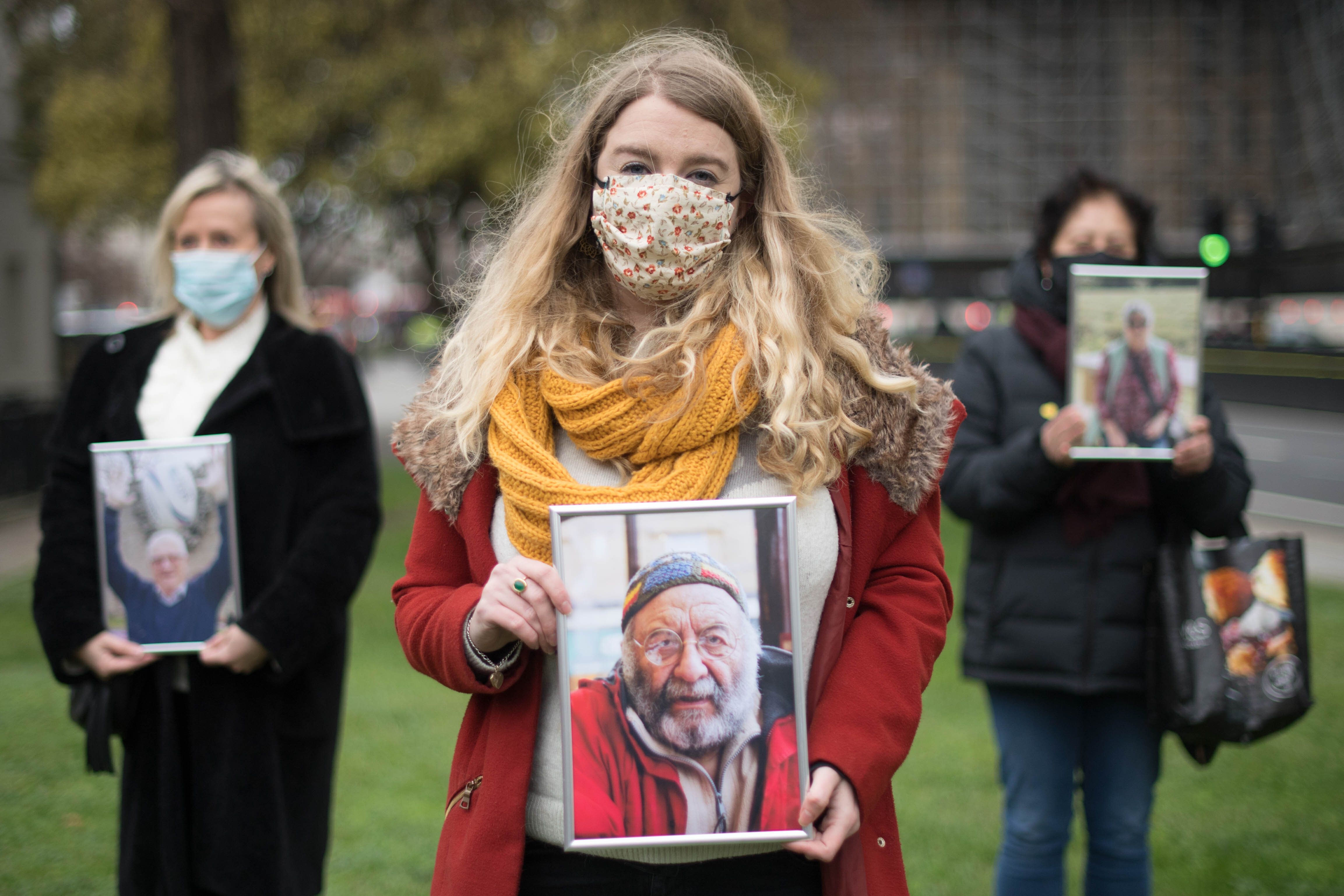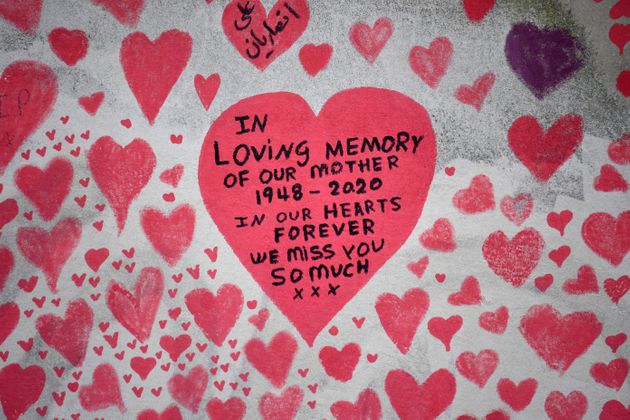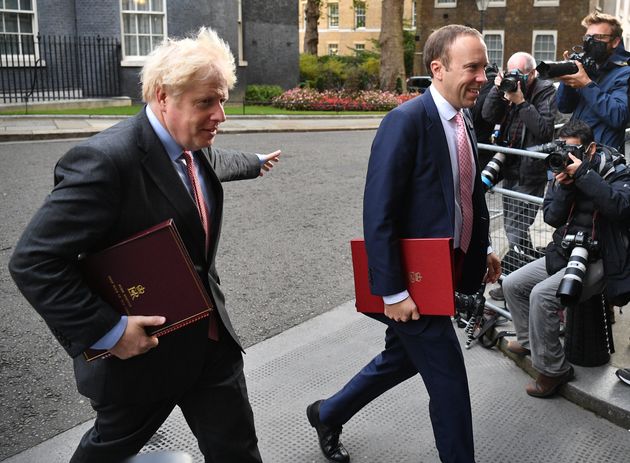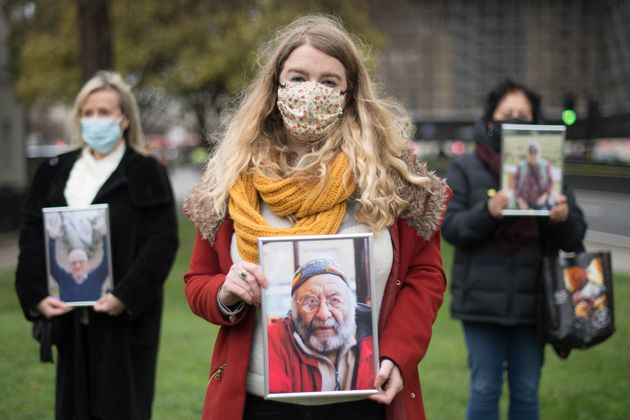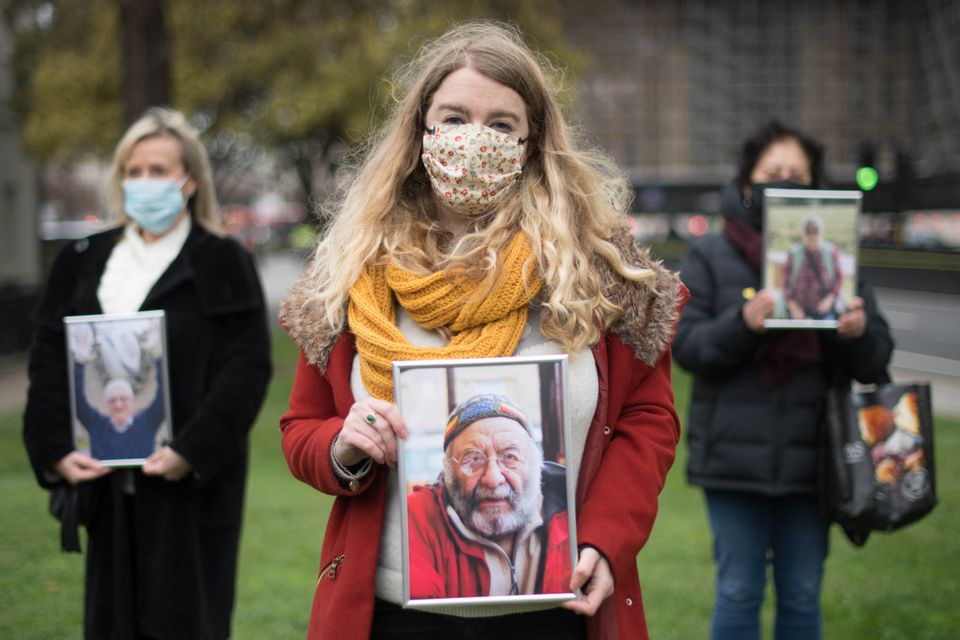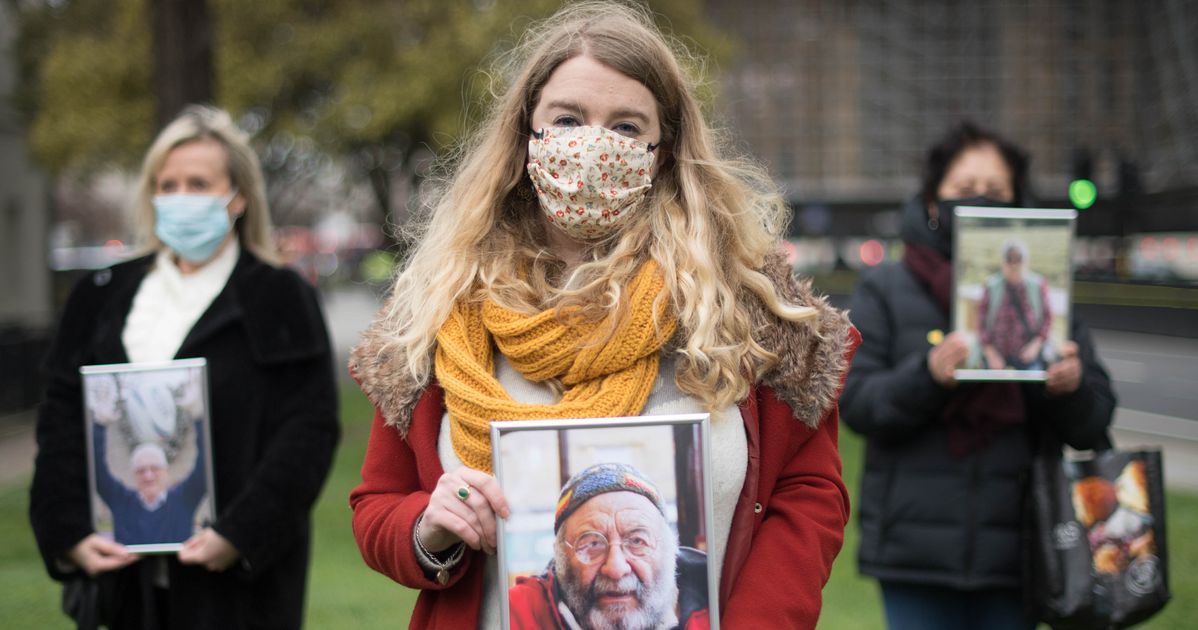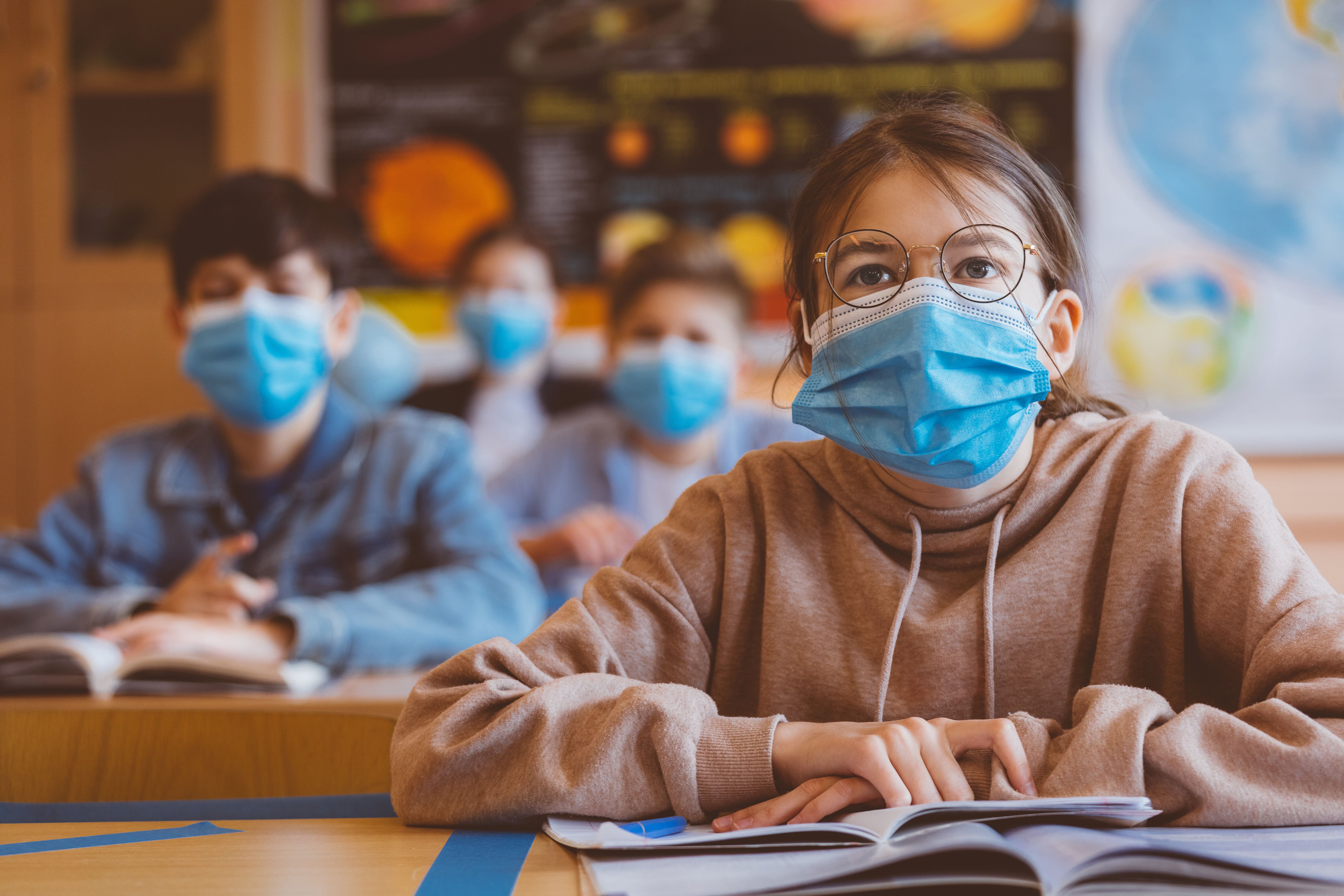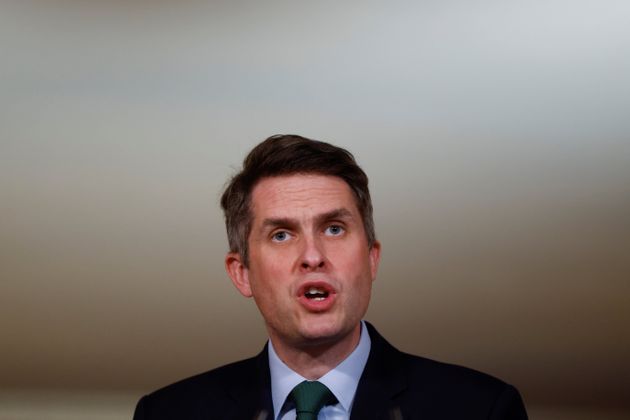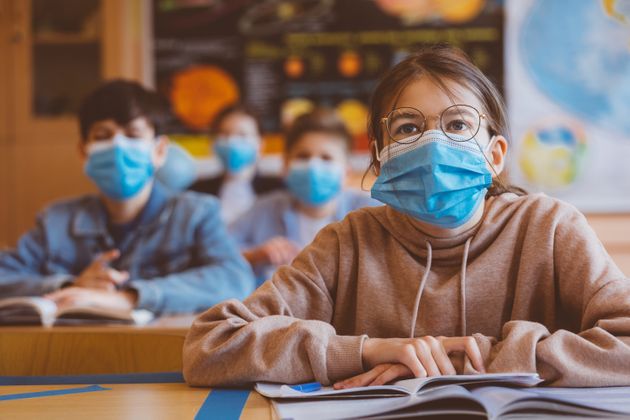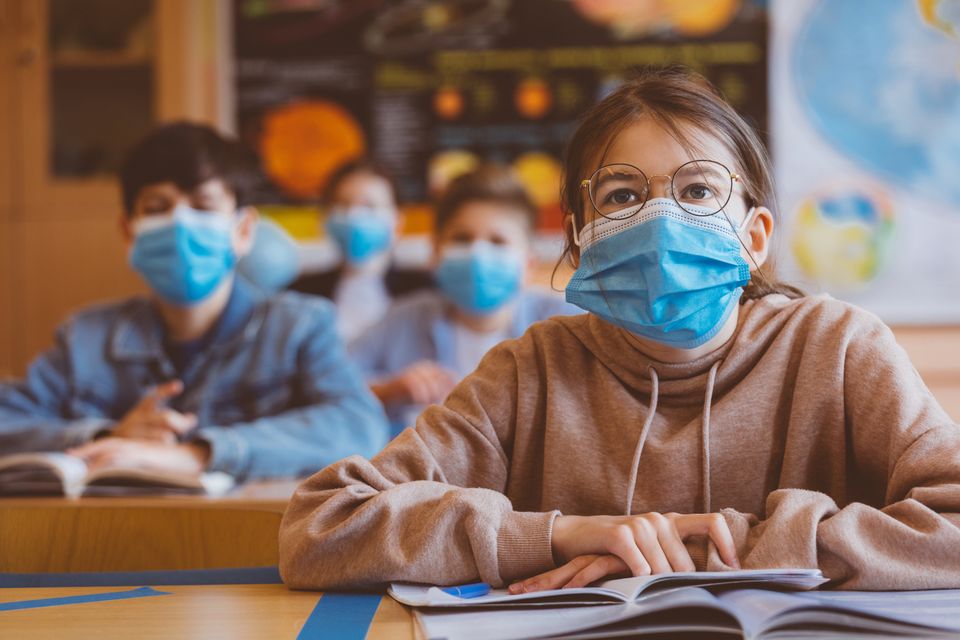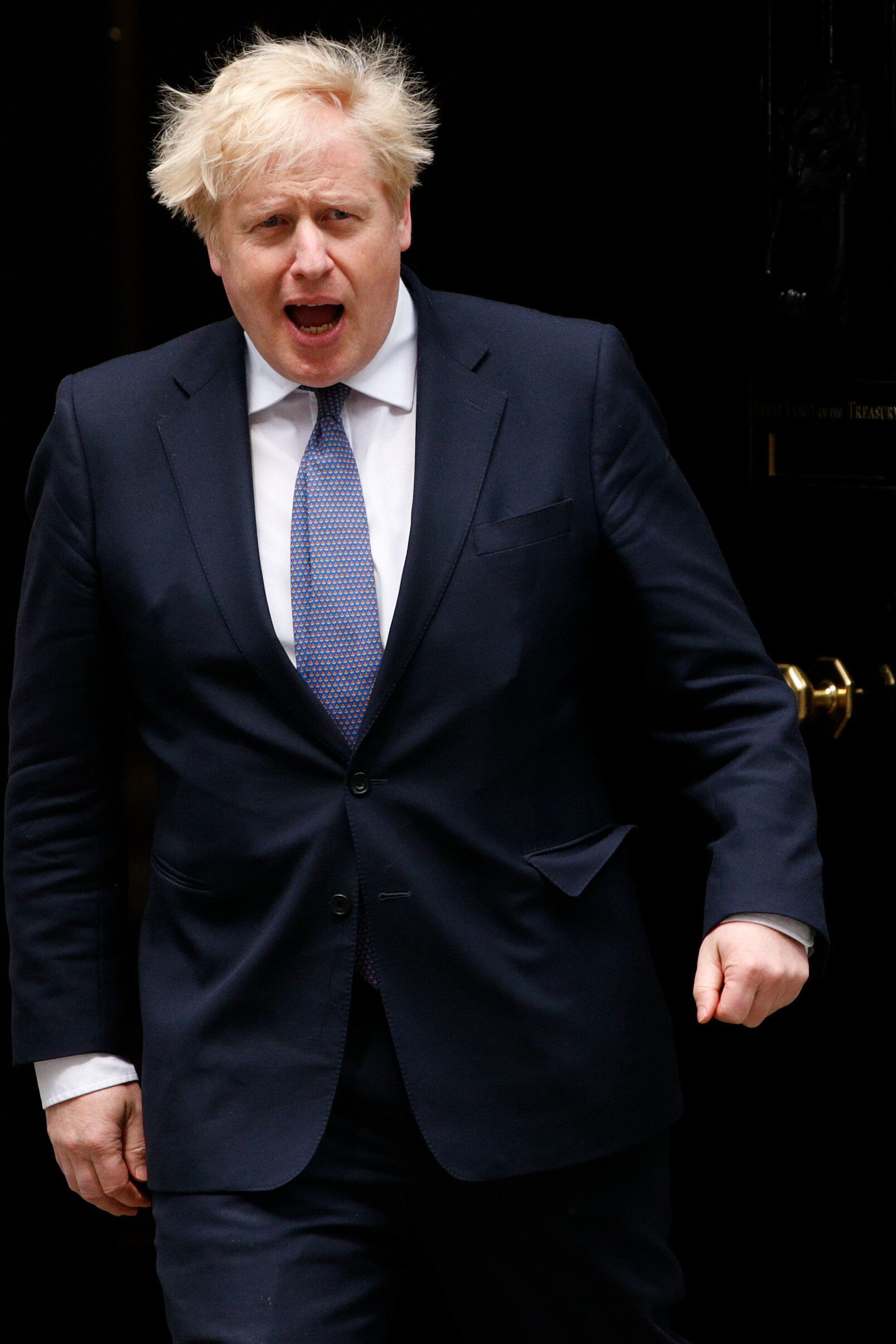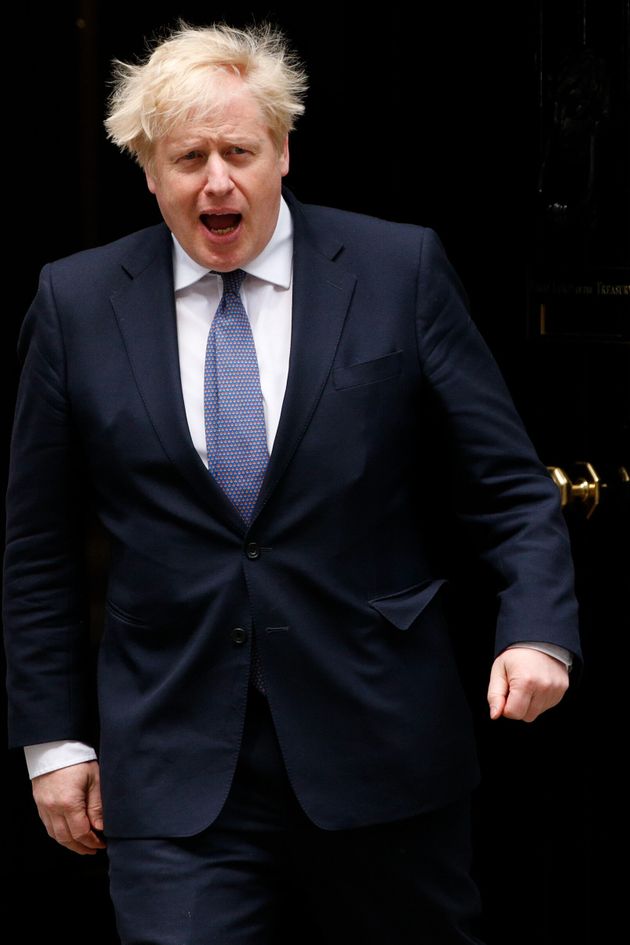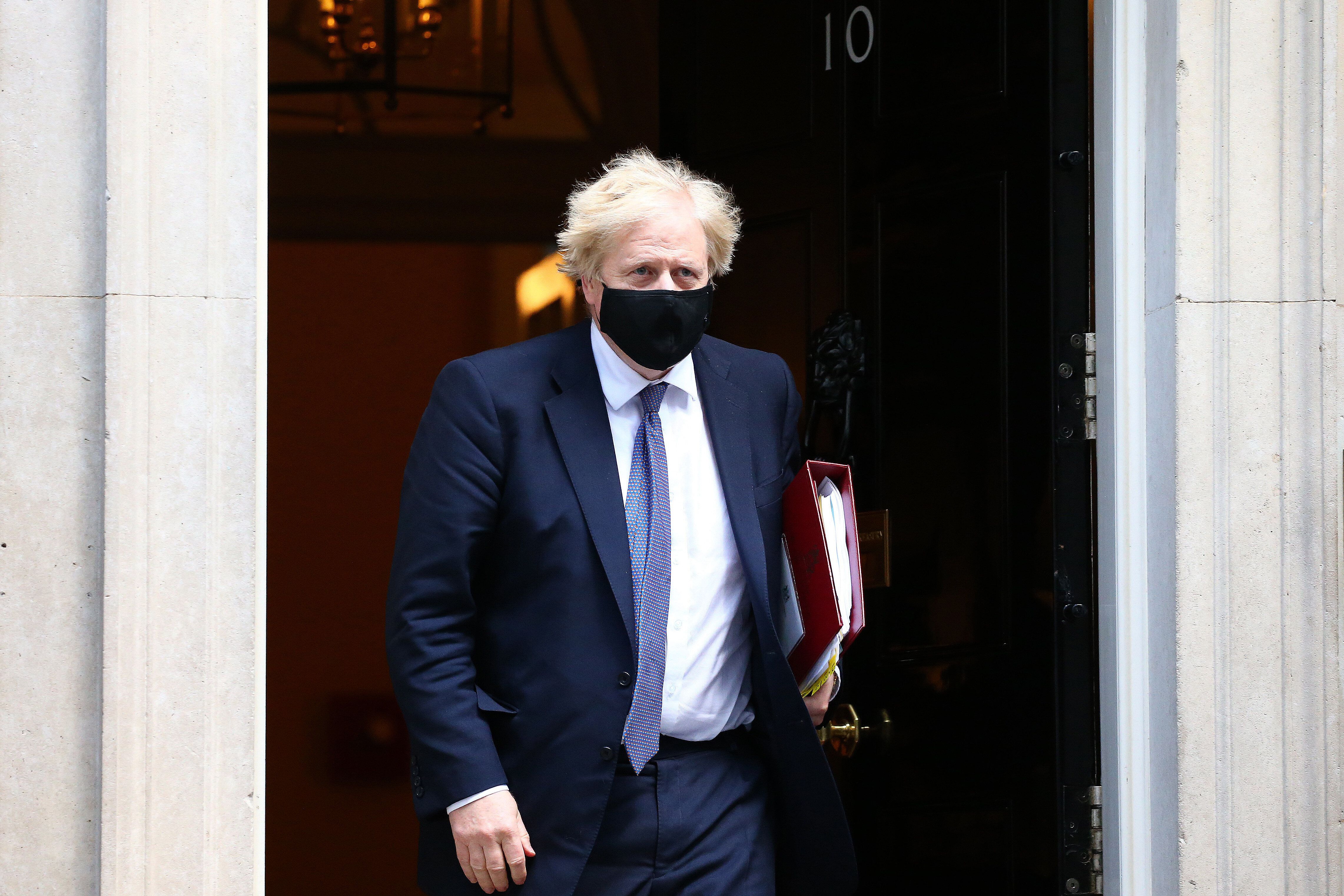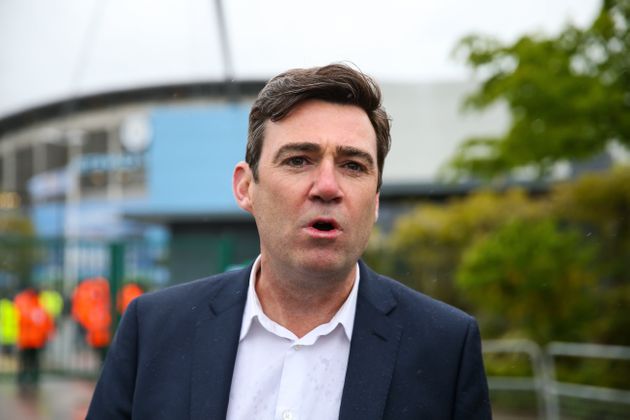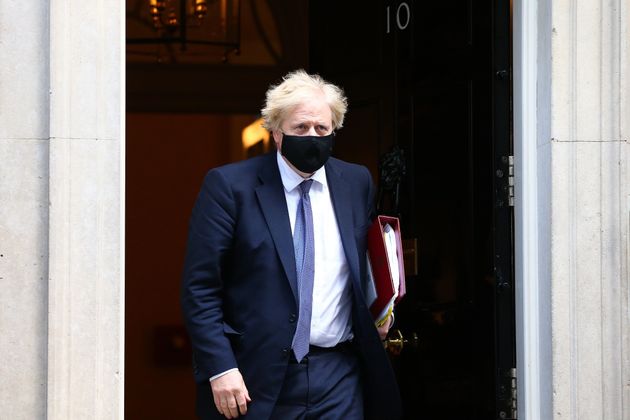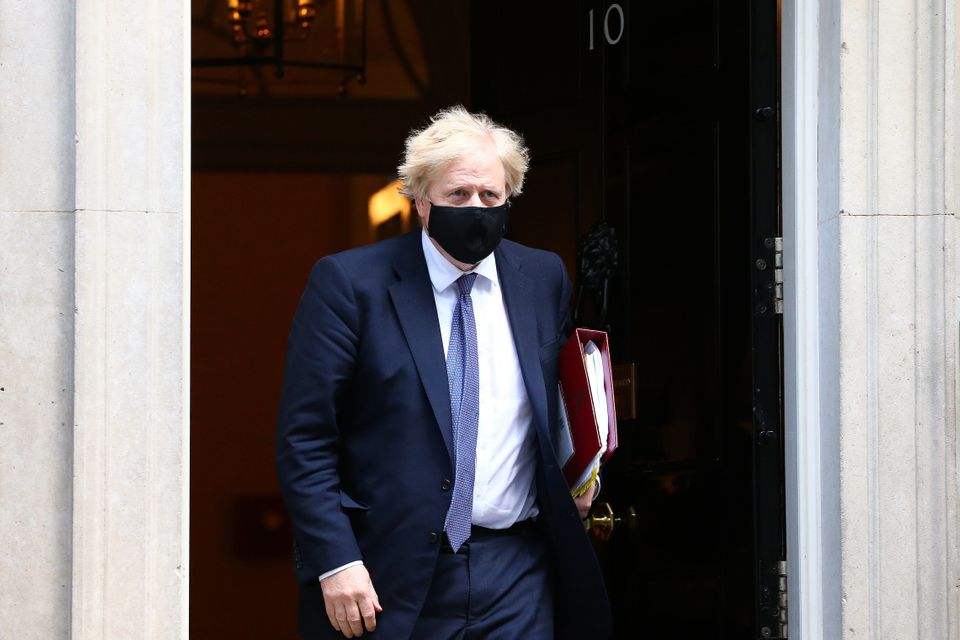
One of Boris Johnson’s scientific advisers admitted that ‘plan C’ restrictions have been discussed in the health and social care department in the event that Covid cases continue to soar over the winter.
The news comes as the debate over introducing plan B continues.
Advertisement
Downing Street is currently relying on plan A, which involves championing the booster vaccine programme, suggesting people choose to wear face masks in crowded areas, regular testing, more funds for the NHS and the “largest ever flu jab” campaign.
NHS representatives have pushed for stricter measures, also known as plan B, to be introduced – and now there’s even talk of plan C.
Advertisement
Where did all this talk of plan C come from?
Chief scientific adviser to the department of health and social care, Professor Lucy Chappell said measures beyond plan B have been “proposed”.
Advertisement
Speaking to a parliamentary committee on Tuesday, she said: “It has been proposed. The name has been mentioned. It is not being extensively worked up…people have used the phrase.”
She did not say any more on the issue, adding: “At the moment the focus is on plan B.”
The Telegraph reported last week that further measures were being considered, including potentially the banning of household mixing at Christmas.
This is just what happened last year – but the prime minister has promised this year’s festive season will not go the same way, despite rising Covid infections.
Advertisement
The government has also promised not to introduce a lockdown as long as people take precautionary measures to reduce the Covid spread now.
But not everyone agrees that there is even a plan C
The prime minister’s spokesperson said: “As we have repeatedly made clear, there is no plan C.
“We knew the coming months would be challenging which is why we set out our plan A and plan B for autumn and winter last month.
“We are monitoring all the data closely and the government remains committed to taking further action if necessary to protect the NHS from being overwhelmed.”
Deputy chief medical officer for the government department Dr Thomas Waite told MPs: “I haven’t been consulted on anything about a plan C.”
What about plan B?
Plan B would see mandatory face masks implemented in certain crowded or indoor places, recommendations to work from home if possible and the potential introduction of vaccine certification.
According to leaked documents, this would last five months and finish around the end of March 2022.
However Downing Street has insisted that is “no planned five-month timeline” for plan B.
Advertisement
Why hasn’t plan B been introduced?
Professor Chappell told the science and technology there was “no single metric” which would enact plan B.
The government has been accused of deliberately leaking reports that plan B would cost the economy between £11 billion and £18 billion, as people would stop commuting.
The prime minister’s official spokesperson also said plan B would be introduced only if the “pressure on the NHS is unsustainable”, claiming that current measures allow “venues to remain open and remain trading”.
The government’s chief scientific adviser, Sir Patrick Vallance, told BBC Breakfast on Thursday: “As soon as you start thinking, ‘Am I or am I not going to do this? It looks close’, that is the time you need to push beyond your natural reluctance to do it and do it.
“This is obviously something the government will have to consider carefully but we need to be ready to move fast if that occurs.”







